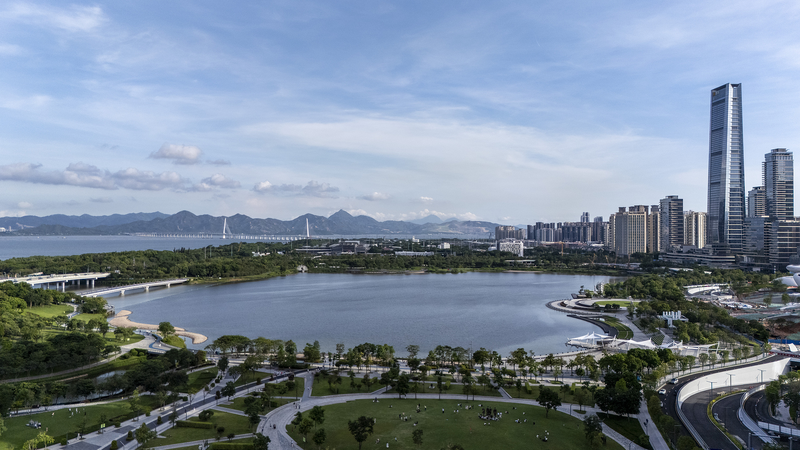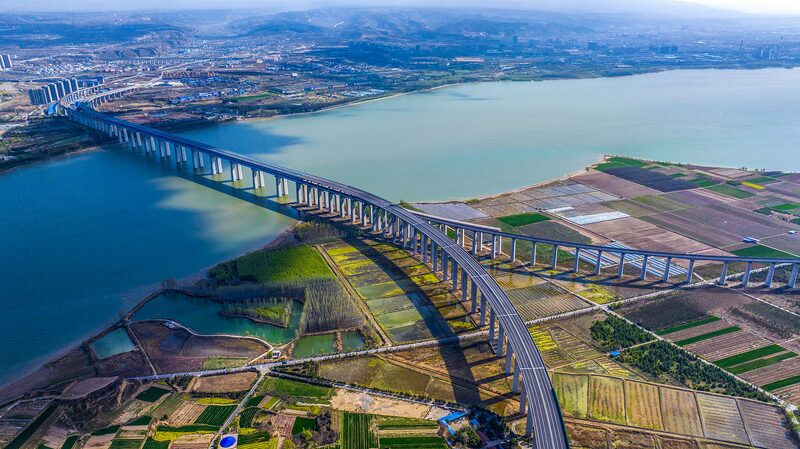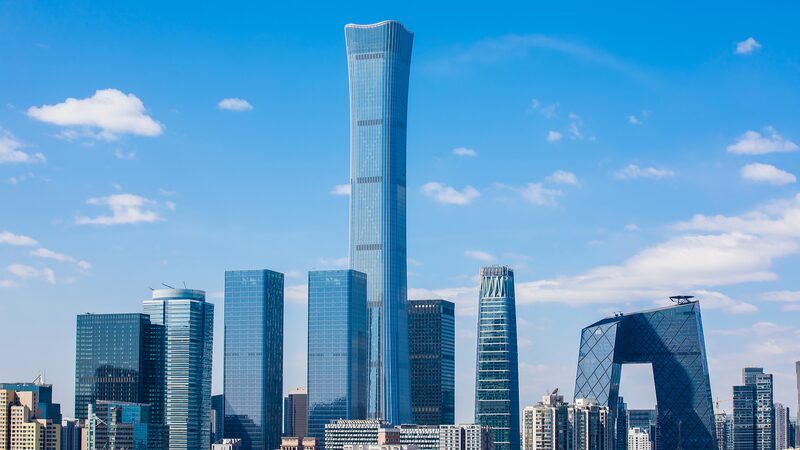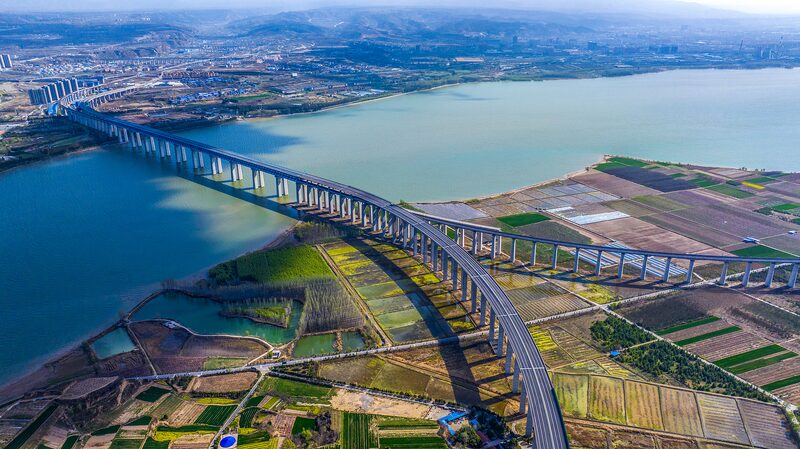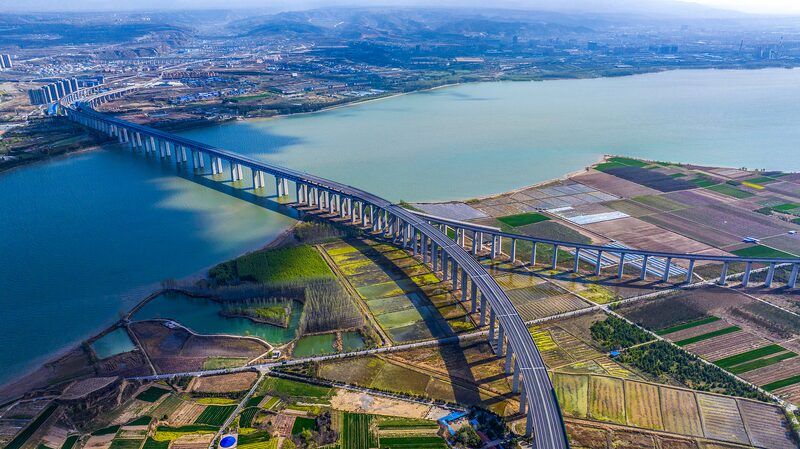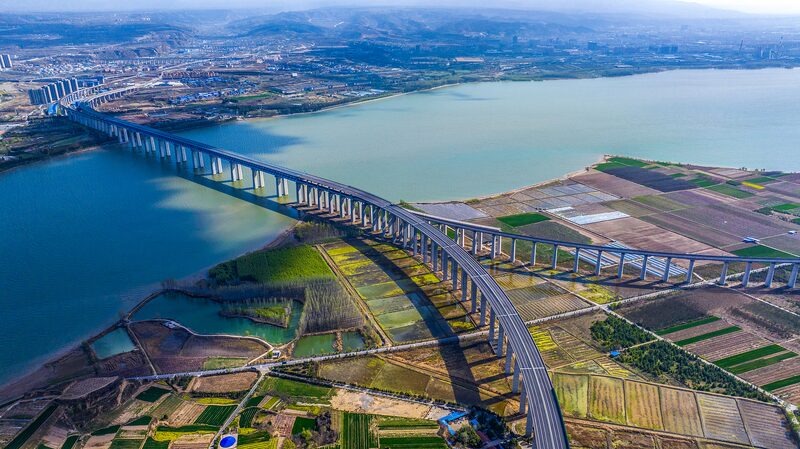China is redefining urban development through a systemic renewal strategy aimed at fostering high-quality growth, as outlined by General Secretary of the CPC Central Committee Xi Jinping during the Central Urban Work Conference in Beijing this week. The initiative shifts focus from physical expansion to optimizing urban structures, modernizing infrastructure, and enhancing social well-being—a move experts say could reshape Asia's economic and environmental landscape.
Xi emphasized urban renewal as a "lever" to drive sustainable development, signaling a departure from traditional large-scale reconstruction models. "This approach integrates spatial regeneration with community needs, ensuring cities evolve as livable, resilient hubs," said Xin Ge, a Shanghai University of Finance and Economics researcher specializing in public policy.
The strategy aligns with broader goals of reducing carbon footprints and improving resource efficiency. Analysts note its potential to attract ESG-focused investors, particularly in smart city technologies and green infrastructure. For Asian diaspora communities, the renewal projects—prioritizing cultural preservation amid modernization—offer new avenues to engage with evolving urban identities in cities like Beijing and Shanghai.
With over 65% of China's population now urbanized, the policy underscores Beijing's commitment to balancing economic momentum with social equity. As cities pilot mixed-use developments and transit-oriented designs, the model may influence urban planning trends across developing Asia.
Reference(s):
China's urban renewal: Systemic project driving high-quality growth
cgtn.com
